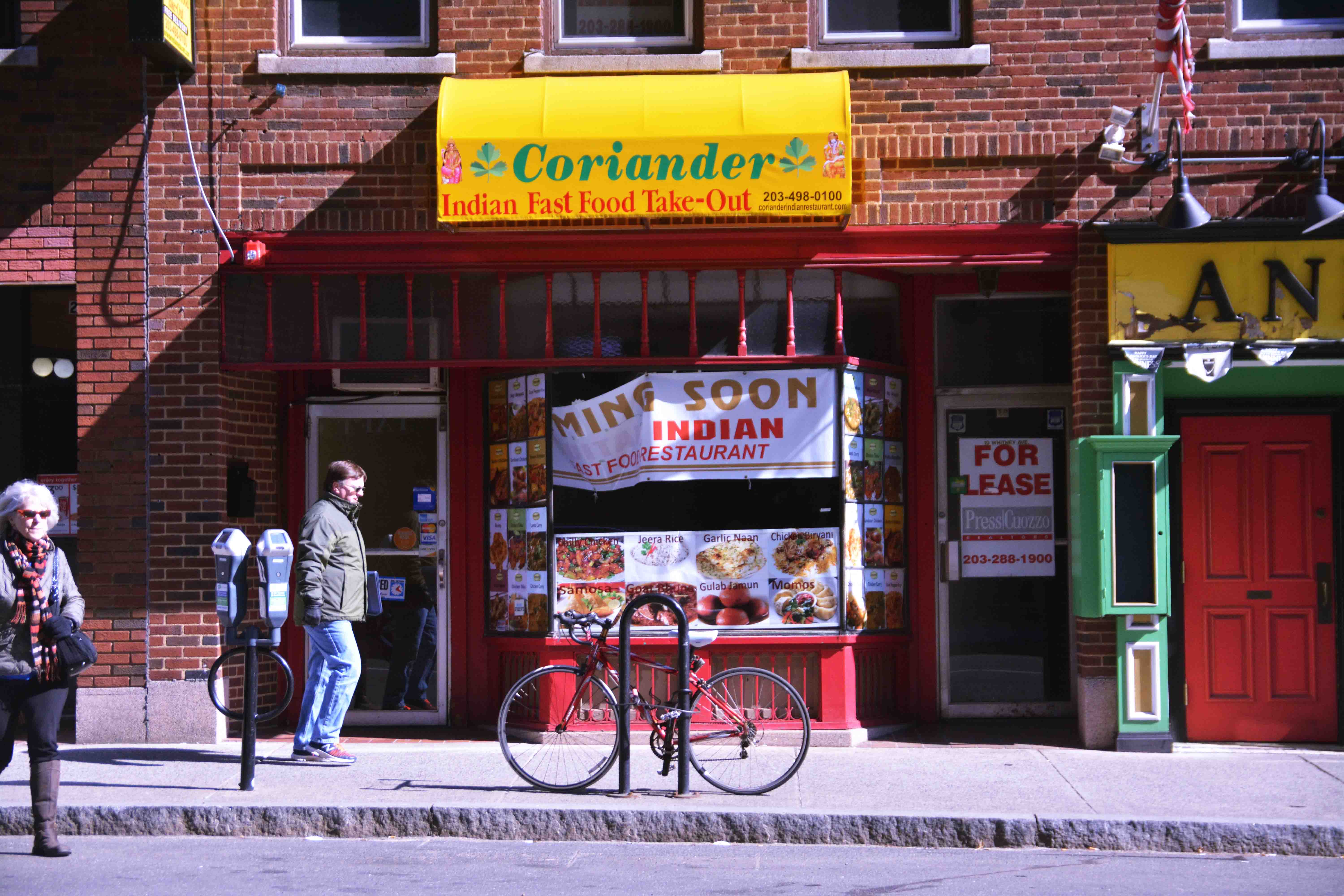
Last night, roughly 30 residents attended the Historic Wooster Square Association’s annual meeting, where residents of one of New Haven’s most citizen-involved neighborhoods gathered to reflect on the organization’s achievements in the past two years and set goals for the Wooster Square’s future.
Since 2015, the association has added dozens of new benches in the park and hosted two annual Cherry Blossom Festivals. But during the two-hour meeting, residents also reflected on setbacks for the neighborhood, like the conversion of auto parts manufacturer C. Cowles and Company’s old factory into storage space instead of a 150-unit apartment complex. At the meeting, Mayor Toni Harp discussed her big-picture ideas about development in the Elm City, linking it to progress in Wooster Square.
“[Neighborhoods] exemplify what we do throughout our city,” Harp said. “That’s why people want to live here.”
At the meeting, Elsie Chapman, the organization’s president, listed projects the group has completed in the past two years, such as pitching in $250 for a resident’s college scholarship, installing technology on Olive Street to alert drivers of pedestrians and commissioning the Wooster Square Planning Study to help the community develop a future vision.
Following the group officers’ reports and director elections, where all nominated members were voted onto the board, officials from City Hall took the floor.
Rebecca Bombero, director of Parks, Recreation and Trees, attended the meeting and discussed the city’s new trash containers that have recently been placed in Wooster Square and other neighborhoods. The containers compact trash using solar energy and allow the city to remotely monitor how full each container is. Each set contains recycling and trash bins.
Still, the city is unable to sell and recycle waste that is contaminated with nonrecyclables. Throughout the city, residents have placed chocolate-coated candy wrappers, coffee-filled cups and grease-infused pizza boxes in the recycle bins, Bombero said, making it impossible to recycle the bin’s contents.
“We have to make sure our recycling is clean,” she said.
After Bombero, Harp discussed her initiatives to improve the city’s safety, education and employment rates.
With new privately initiated development projects, the city no longer needs to be financially involved in as many real estate projects, she said. But with these new developments, the city does not have as much power in determining the number of affordable units in new complexes, she said.
“We’re not in the same position as we have been in years past to be part of these projects,” Harp said.
At the end, Harp took questions from the crowd, ranging from dealing with immigration raids and securing federal funding as a sanctuary city to whether the city anticipates adding a new shopping mall.
Harp said that the city is finalizing a comprehensive guide to help immigrants who fear deportation and that all of her legal advisors have said the federal government cannot constitutionally halt funding to sanctuary cities. And a new mall would be unfeasible, she said, especially as most people now buy products online.







